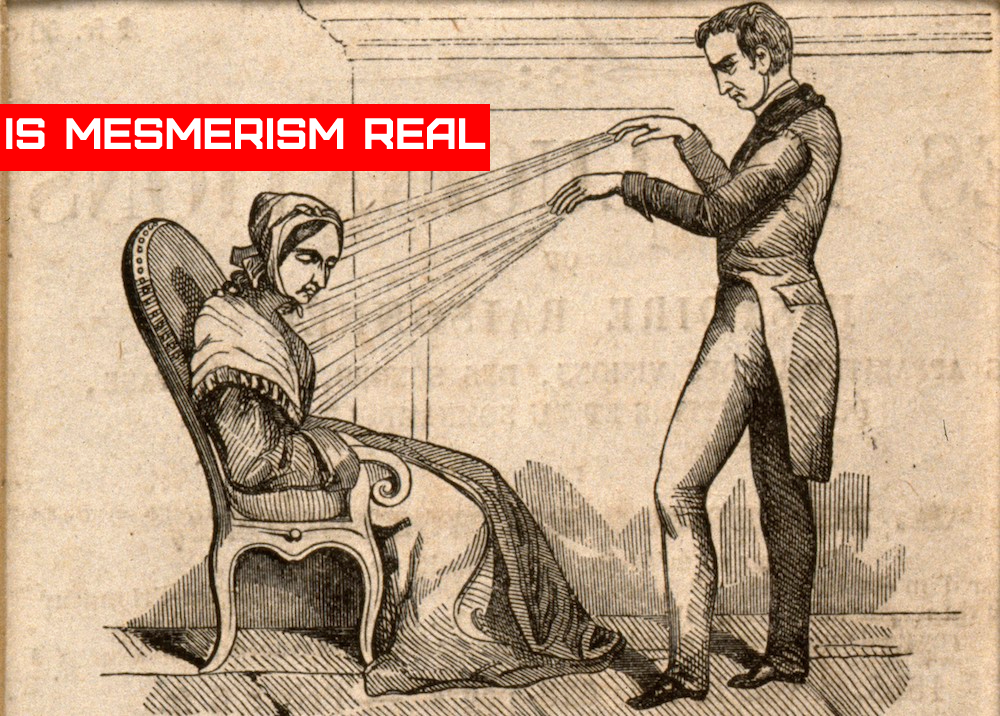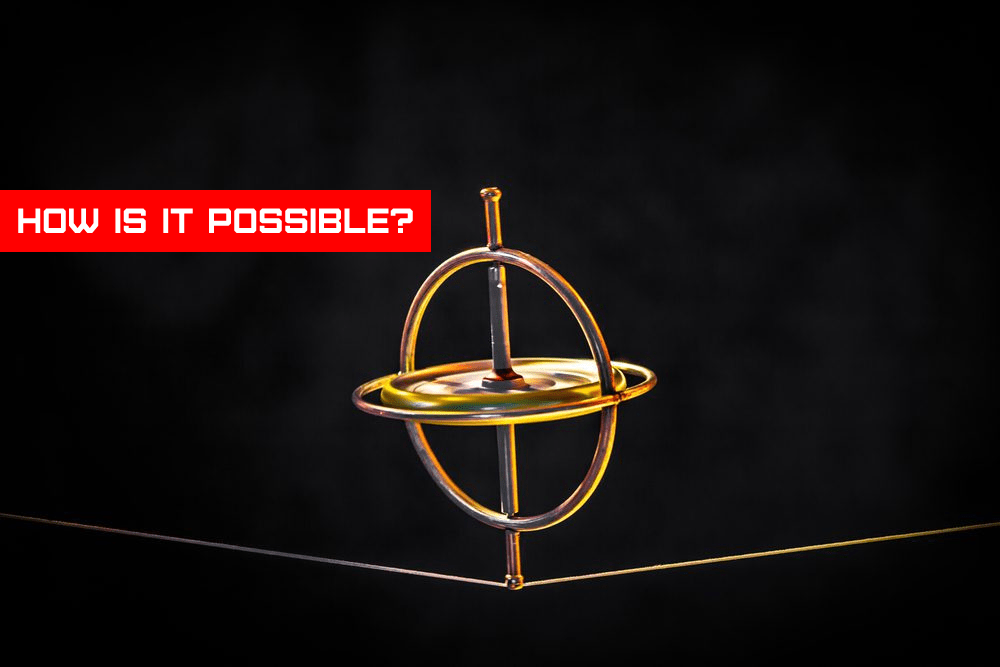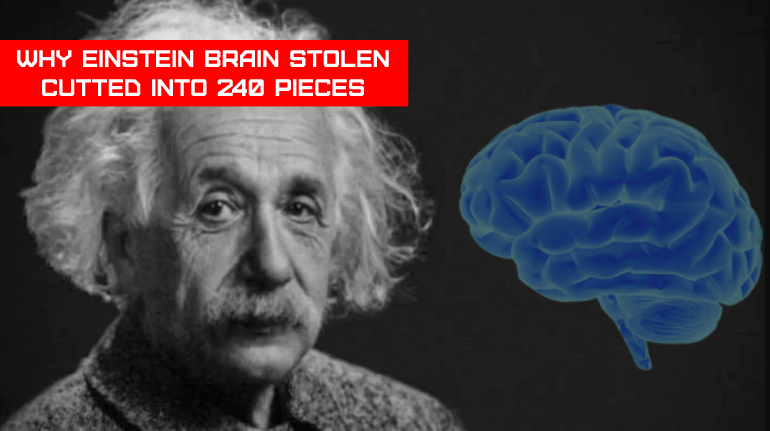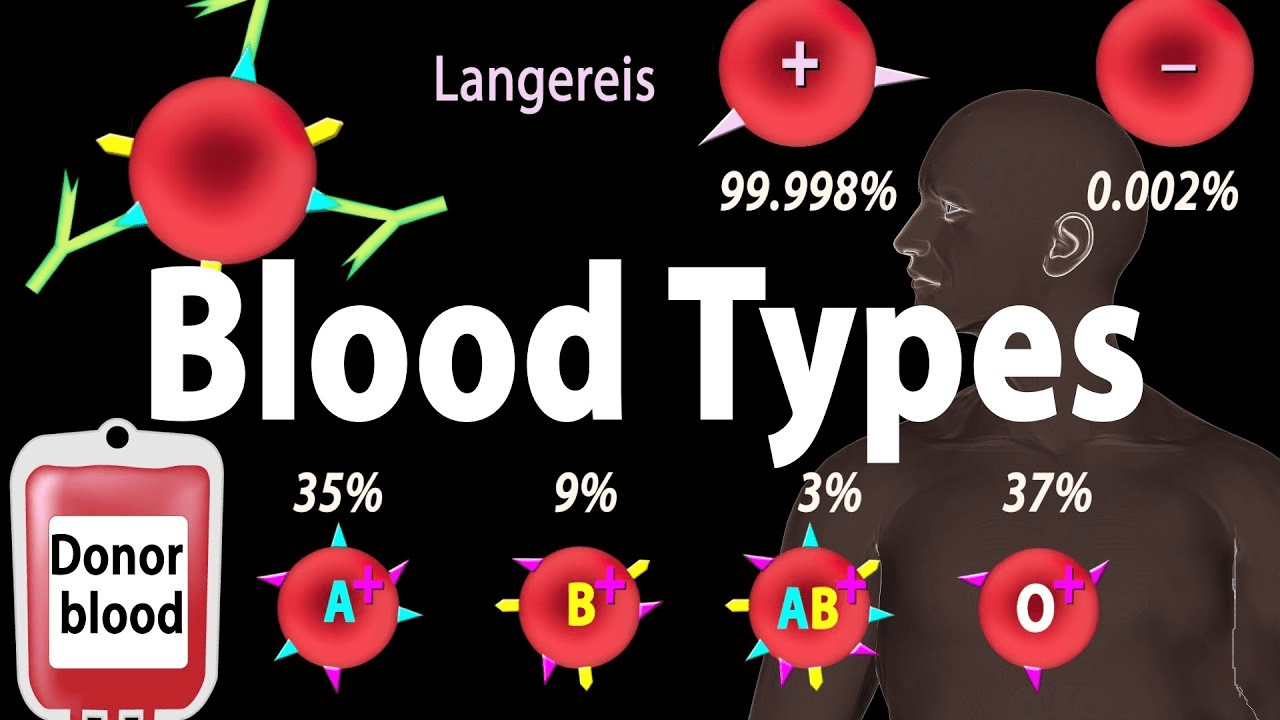Normally, it is assumed that the unusual blood group is O negative, which is extremely difficult to get because it is only seen in a selected number of people.
However, instead of O negative, there is a rare blood type that can be discovered in any of the millions of people, and it is known as the Bombay Blood Group. This blood type is also known as the Rare of the Rarest Blood Group.
Blood groups are classified into four types: A, B, AB, and O. Before giving blood, it is mandatory to match blood groups; otherwise, it might be harmful or possibly worsening health complications.
What is the Bombay Blood Group?
This rarest blood type is present in only 0.0004 percent of the world’s population. In India, just one in every 10,000 persons possesses the Bombay Blood Type. It is also known as the HH blood type or the Rare ABO blood group.
The Hh blood group has one antigen, the H antigen, which is located on nearly all RBCs and serves as the building block for the generation of the antigens within the ABO blood group .
To learn more, their red blood cells (RBC) carry ABH antigens, and their serum contains anti-A, anti-B, and anti-H antibodies.
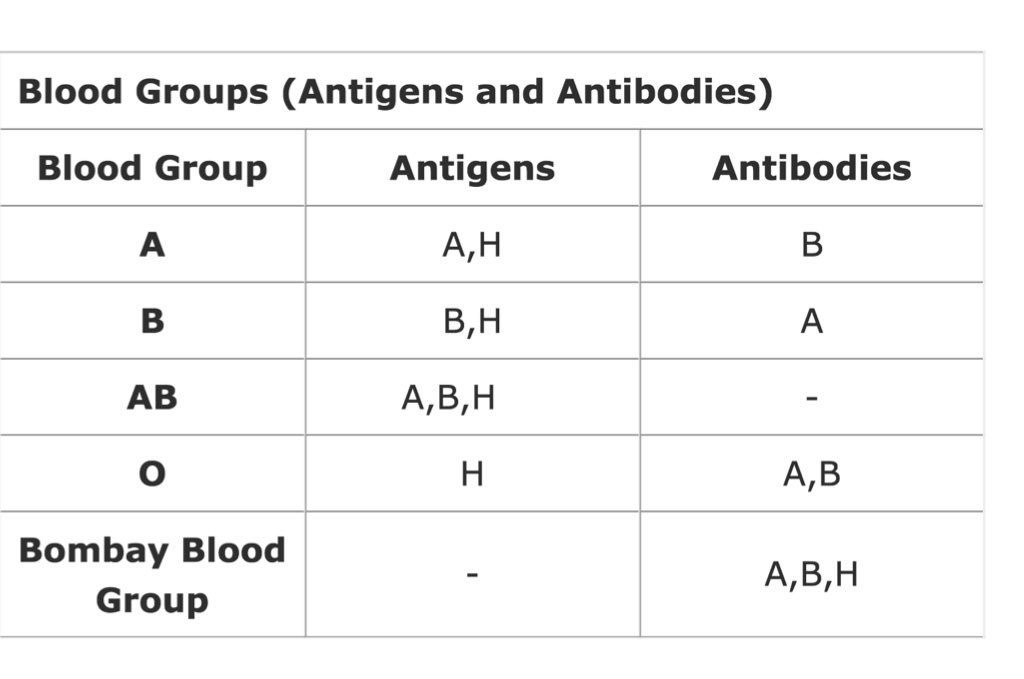
Although anti-H has not been discovered in the ABO group, it has been detected in the Pre Transfusion Test. This H antigen functions as a component of the ABO blood group. The absence of H antigen is referred to as the “Bombay phenotype.”
If the parent has Bombay blood type, there is a chance that the child will have Hh blood type as well.
Why It is called Bombay blood and how its discovered
Drs. Y.M. Bhende, C.K. Deshpande, and H.M. Bhatia of Mumbai’s Seth Gordhandas Sunderdas Medical College published a note in The Lancet (pp. 903-4, May 3, 1952) on two patients (X, a railway worker, and Y, a stab wound victim) who required blood transfusion.
None of the previously recognised blood kinds worked for them. The blood coagulated or clumped up the instant their blood samples were combined with any of the above categories. The doctor trio tested the blood of almost 160 donors before deciding that one from Mr. Z, a Bombay resident, matched the type of both patients X and Y.
Dr. Bhende and others named this donor blood type the ‘Bombay Blood Type.’ Technically, it is now known as the (hh) blood type.
Bombay Blood type person can take and donate blood to whom?
A person with the Bombay blood group can donate blood to someone with the ABO blood group. However, they are unable to receive blood from them. A person can only take blood from people who have the same blood type as them, i.e. people who have the Hh blood type.
